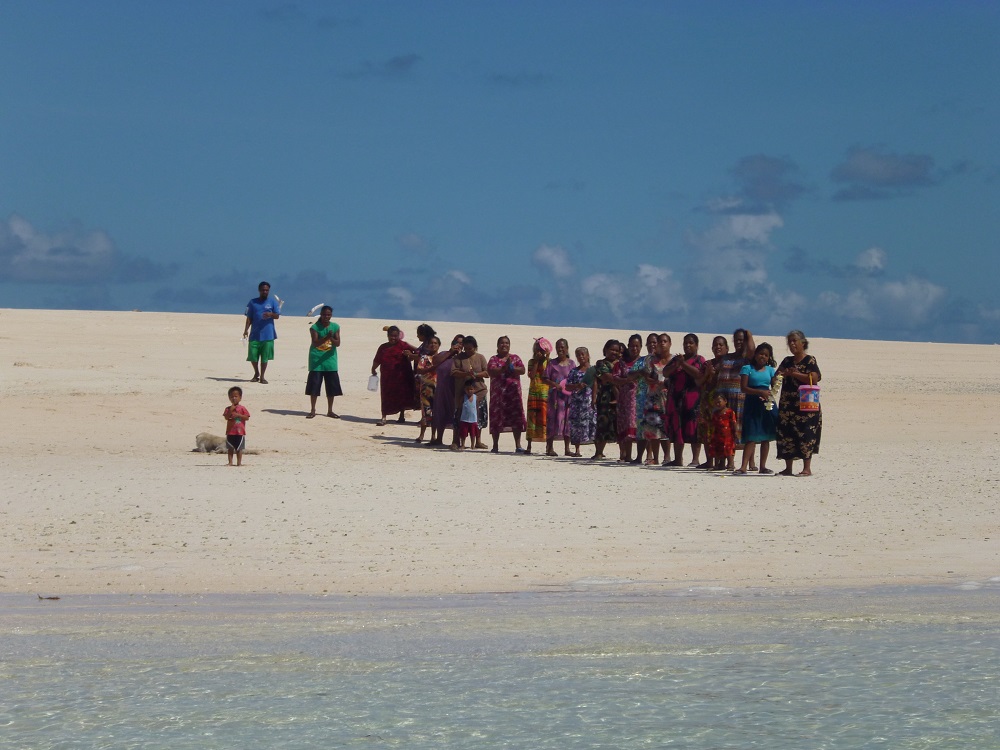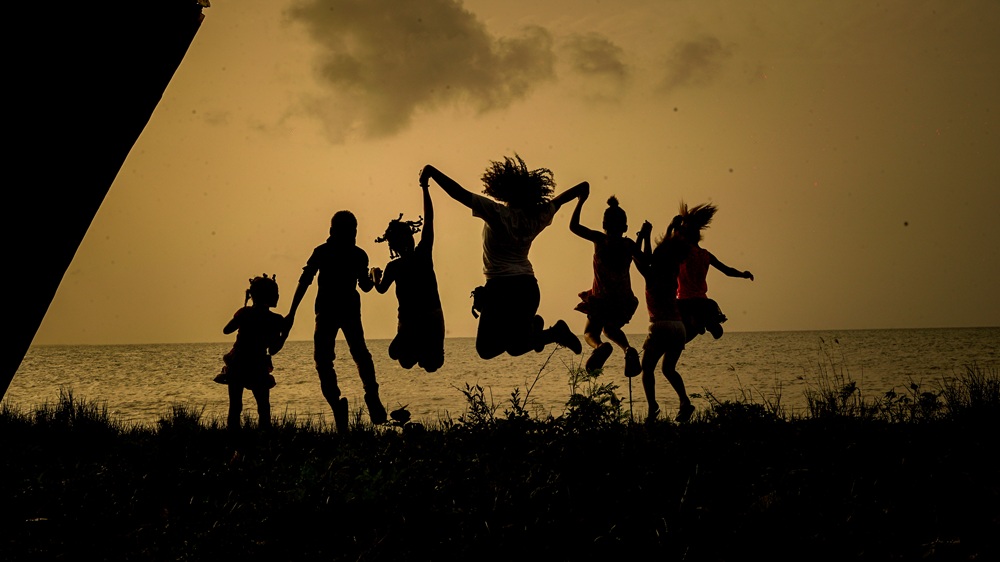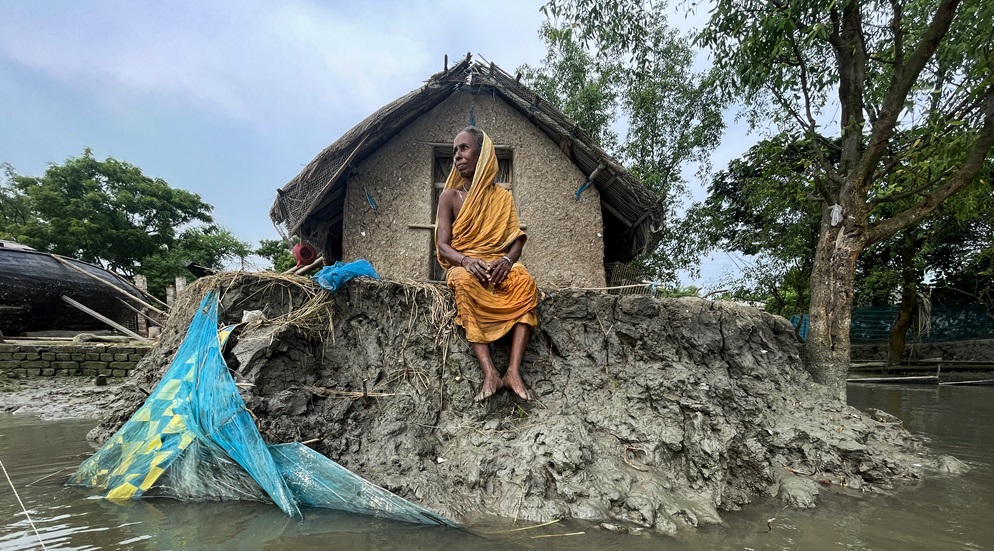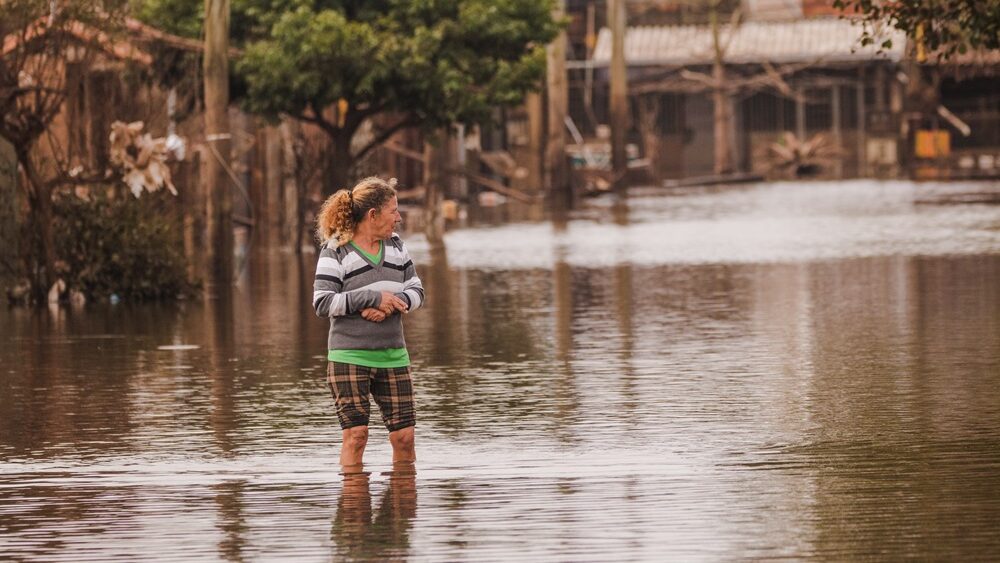Statement by Mr. Samuel K. Lanwi,
Jr. Deputy Permanent Representative of the Marshall Islands,
on the Occasion of the 53rd Human Rights Council
The policy dialogue “What is habitability? Climate Change & Human Rights” by the HABITABLE Project team and its partners was held on 27 June 2023 in the margin of the 53rd Human Rights Council. The event aimed at raising awareness and assessing policy solutions, recognizing the benefits of adopting a human rights perspective and a comprehensive approach to climate impacts and related migration and displacement. Mr. Samuel Lanwi participated in the panel discussion at the Palais des Nations.
——–
The Marshall Islands would like to sincerely thank the Panel organizers for this Policy Dialogue. The PDD has done remarkable work over the years to bring together States and experts on the issue of climate mobility and the Habitable Project is a natural and essential progression on this topic.
We also welcome the topic. As a country that is particularly vulnerable to Sea Level Rise, I know firsthand the importance of tipping points and the issue of habitability is a question we as policymakers should all be asking ourselves. Especially when taking into consideration the difference in pace between negotiations and what science is telling us. Let me remind some in the audience that the inertia of our emissions, that is if we stopped all emissions today temperatures would still continue to increase for decades to come, this means that in reality, we should be negotiating our response to the climate of tomorrow, today.
This in part is why the scale of the problem is surpassing the current targets and negotiations. The current policies are not meeting the challenge of climate change, current policies, or aggregate NDCs put us on a target of 2.7 degrees above pre-industrial levels (according to the Climate Action Tracker), in certain ways this is in itself an optimistic scenario since actions have rarely matched policies.
Nowhere are the consequences of these policies more visible than with human rights and the humanitarian consequences of climate change. In many ways, we are doing too little too late. The Cost of doing nothing means according to the Federation of the Red Cross that the cost of the response is likely to increase from 3.5 billion to 12 billion USD just by the end of this decade! And IPCC 6th Assessment Report (AR)6 has warned that by the end of the century, about 3 billion of us could find ourselves in geographical areas that are not fit for humans.
We in the Marshall Islands have known this for some time already. We have often called ourselves the “canary in the mine”. Some of you have probably heard this analogy before, but let me reiterate its meaning to all. Miners have been taking canaries with them deep down in mines because when that canary died it would signal to them that they are exposed to deadly gasses and their own life was threatened imminently. As a Small Island Developing State and as an atoll nation whose land is not higher than 2 meters above sea level with shores that are no further away than a couple of hundred meters away from the ocean on one side and the lagoon we are indeed disproportionately vulnerable. We risk being swept away, as the analogy points to when we go, we will all be facing existential questions around habitability.
In addition to sea level rise, climate change has brought upon us other environmental challenges: high tides, acidification, and coastal erosion which threaten the quality of life on our islands. But it has also brought upon us drought, and diseases like dengue that were unknown to our atolls. We now know that other countries are likely to face similar habitability challenges resulting from drought, heat, famine, and other existential threats at a biblical scale that will affect even those that naively feel more privileged and spared.
Mindful of all these considerations we in the Marshall Islands have been sounding the alarm for over a decade now. In 2015, we created the High Ambition Coalition (HAC) which introduced the notion of 1.5 degrees when everyone thought 2 degrees was more realistic. Today science has proven us right that the difference between 1.5 and 2 will have dramatic consequences in terms of the habitability of this planet
The spirit of the HAC is precisely to remind all countries developing and developed, oceanic and desertic, that we are all in this together. It is concerning to see the current divisions persist and climate solutions struggling to have the impacts required.
Today we find ourselves in the Marshall Islands having to plan for the massive displacement of our population. We fear that our islands will no longer be habitable by the end of the century and are contemplating whether some atolls can be saved and if so which ones. This raises many crucial questions, especially when taking into consideration that all of our land is privately owned. Who will be dispossessed whose land will be raised? How can we ensure a sustainable environment with lesser land and a degraded environment?
We have welcomed the decision to establish a Loss and Damage fund in Sharm el Sheikh. This was not a happy win, it recognized that despite best efforts there is a limit to adaptation. This is even more prescient given that funding for adaptation itself has not raised to the ambition and continues to be chronically underfunded. Meanwhile, we are worried that ambition around mitigation is slipping. When considering the question of habitability we do not have the privilege of prioritizing one issue over the others! We need to see a doubling of adaptation funds, a real phase-out of GHG emissions, and a loss and damage fund that is effective.
We also associated ourselves with Kiribati and Tuvalu in the Rising Nation initiative. The objective is to protect our sovereignty, cultural integrity, and human and economic capital, in the context of climate change. We are calling for a global settlement guaranteeing all States permanent existence beyond the habitable lifetime of our atolls. The plan is divided into four distinct steps. The first is a political commitment for States to guarantee their engagement in preserving the rights and nationhood of the Pacific atoll island countries. Second, have an adaptation plan that supports and funds resilience projects to help local communities to adapt. Third, we need to ensure the rights of the next generations that should benefit from a similar livelihood. We are already developing resolutions to define and recognize the rights of future generations, who will be extremely vulnerable to the climate crisis. Four have our atolls countries are recognized as UNESCO World Heritage.
To conclude, I want to underline that climate change is interrelated with good governance. Each State is responsible for the well-being and human rights of its population. We are trying to do our bit, but the question of habitability pushes the limit of what good governance can do nationally. In the context of climate change, RMI, just like other SIDS/LDC, is not able to defend and fully protect the human rights of our population. Simply put the root cause of the problem is well beyond us and lies elsewhere.
In this regard, large emitters and the private sector must be held accountable. Accountability and good governance must be shared among all stakeholders.
To conclude this means two things: first we cannot continue to look at human rights exclusively within the national obligations of each State but must hold each one of us responsible for violations occurring globally. This is already happening in the world of litigation and we hope that it will help mainstream this. And finally, we cannot continue to hide behind the division between collective and individual rights. The climate emergency is affecting all human rights and we need all countries to genuinely engage in both the International Covenant on Civil and Political Rights and the treaty body of the Committee on Economic, Social and Cultural Rights.
Kommol tata and I thank you.





